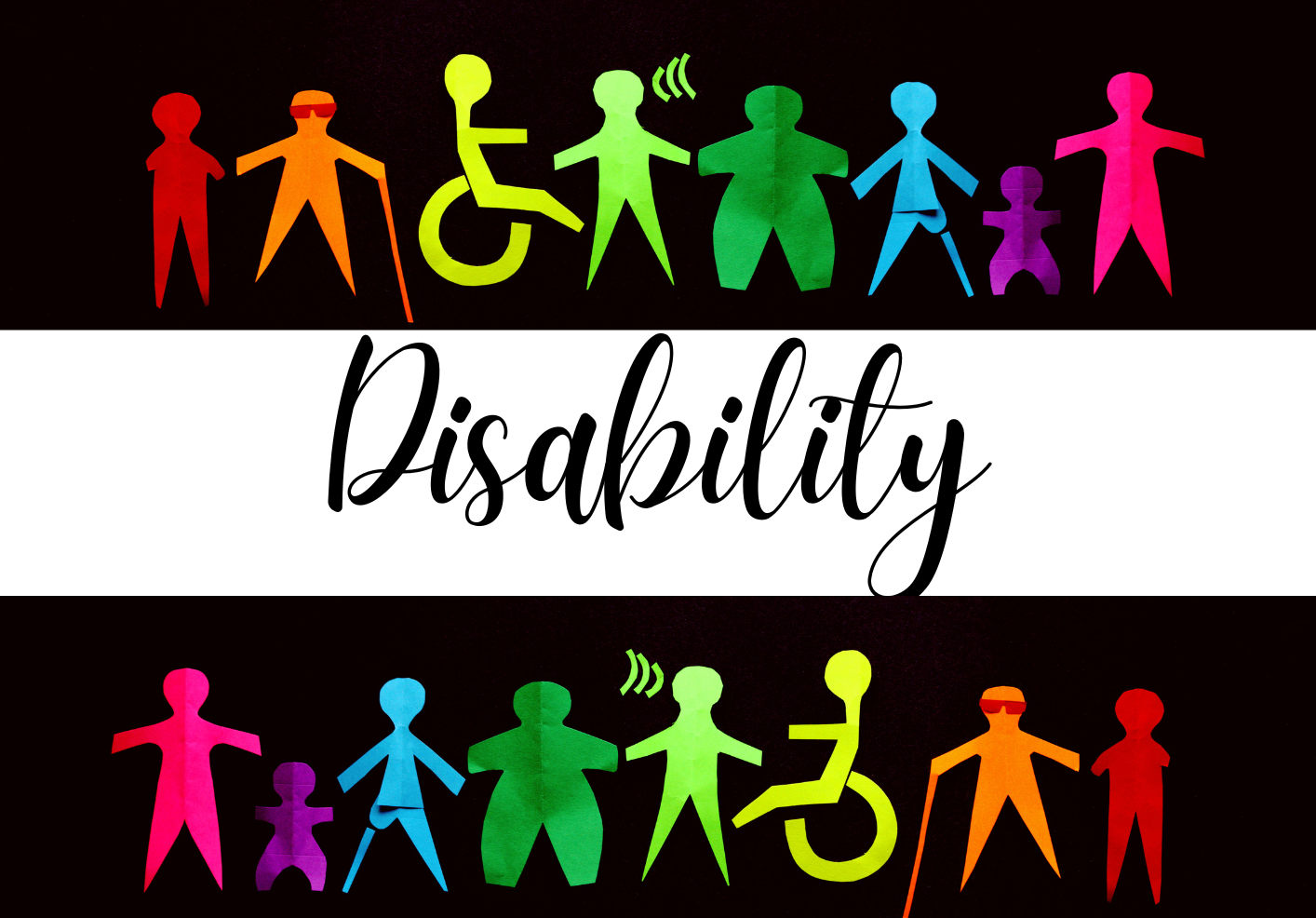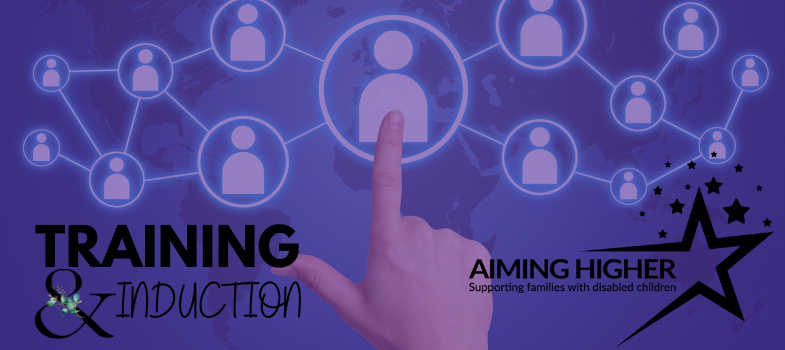Equality and Diversity
5. The Protected Characteristics
5.2. Disability

"It is unlawful to discriminate against disabled people in a number of areas including: employment, access to goods and services, education and transport."
"You’re disabled under the Equality Act 2010 if you have a physical or mental impairment that has a ‘substantial’ and ‘long-term’ negative effect on your ability to do normal daily activities."
"What do ‘substantial’ and ‘long-term’ mean?
‘Substantial’ is more than minor or trivial, e.g. it takes much longer than it usually would to complete a daily task like getting dressed ‘Long-term’ means 12 months or more, e.g. a breathing condition that develops as a result of a lung infection."
"Progressive conditions:
A progressive condition is one that gets worse over time. People with progressive conditions can be classed as disabled.
However, you automatically meet the disability definition under the Equality Act 2010 from the day you’re diagnosed with HIV infection, cancer or multiple sclerosis."
"What isn’t counted as a disability:
Addiction to non–prescribed drugs or alcohol are excepted from the legal protections of disability."
(Blackpool Council, 2024)
